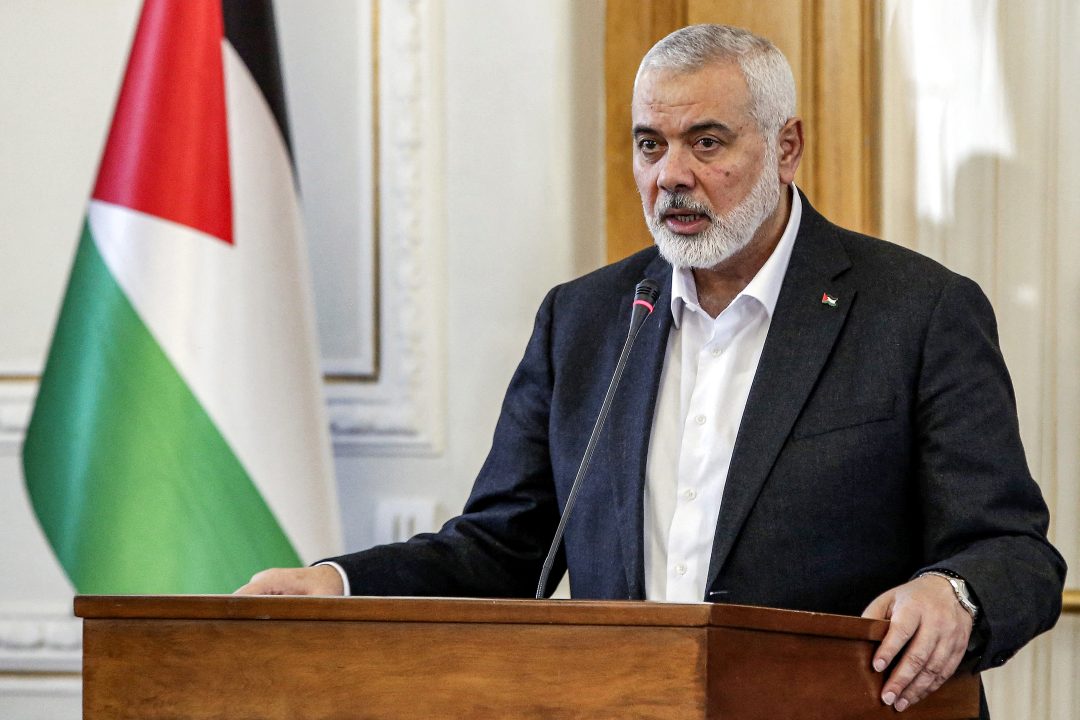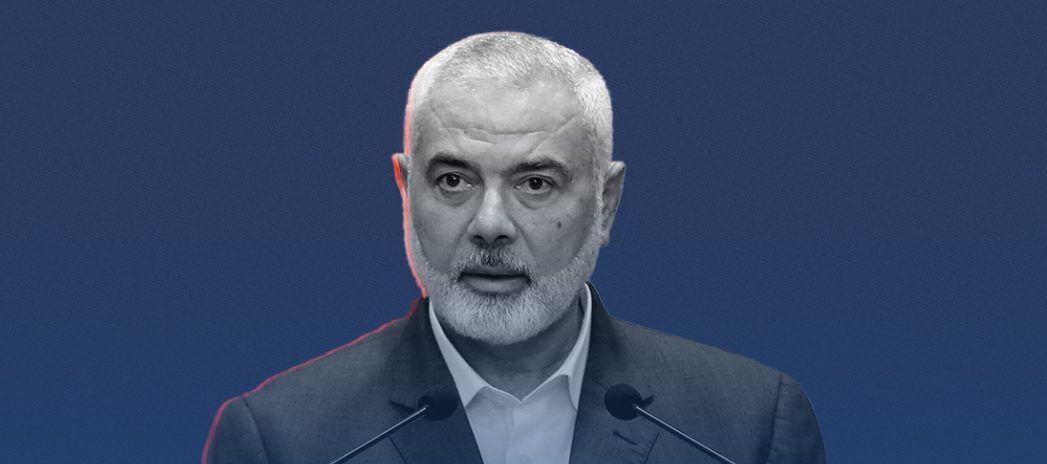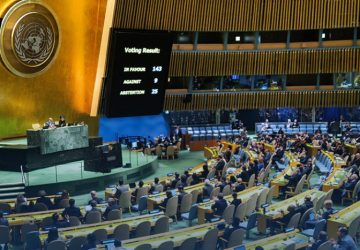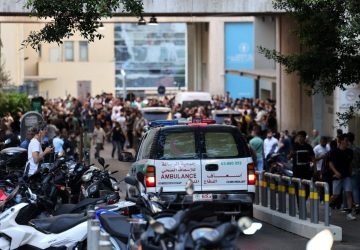Following Ismail Haniyeh’s death on Wednesday, a fundamental question remains: Who will take over Hamas’s leadership now?
The leader of Hamas, Ismail Haniyeh, has been killed in an Israeli airstrike in Iran, on Wednesday morning.
Following his death, Hamas’ future leader remains unclear, although several senior members appear to be potential candidates.
Yahya Sinwar
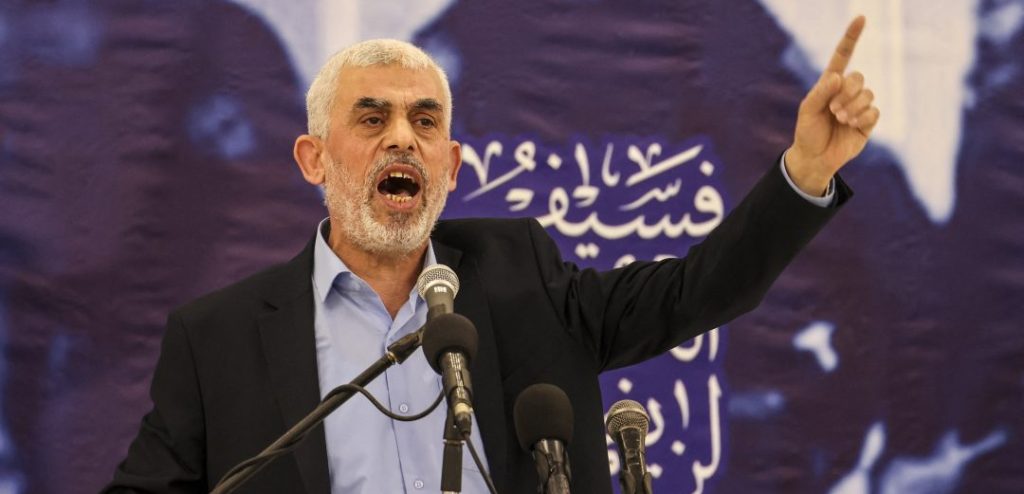
The most senior surviving Hamas leader is Yahya Sinwar, the current head of Hamas in Gaza.
Born in Khan Younis in 1962, Sinwar was reportedly crucial in the planning and execution of the October 7 attack according to the New York Times.
Sinwar’s current location is unknown, as he has been in hiding since the outset of the war.
Although it is almost certain that he remains in Gaza, organizing Hamas’ military apparatus in the conflict.
CNN has reported that during ceasefire negotiations, it often takes days for messages to reach him, due to the stringent security measures put in place to protect Sinwar from Israeli assassination attempts.
For this reason, it is unlikely he will take over as political chief, as his current role in managing the war is too central for him to be replaced.
Khaled Mashaal
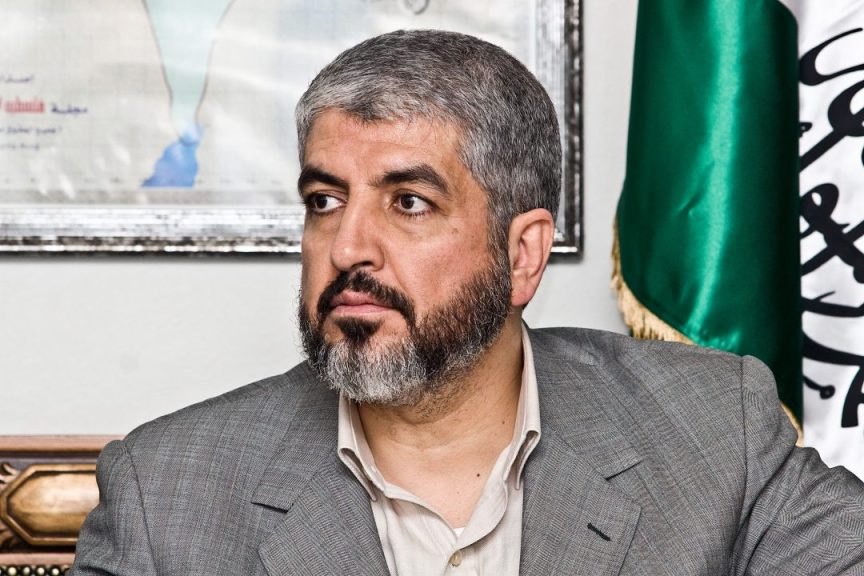
Khaled Mashaal, born 1956, is the former head of Hamas and a founding member of its politburo.
He became the head of Hamas in 2004 after Israel assassinated its previous leaders, Ahmed Yassin and Abdel Aziz Al-Rantisi.
Mashaal was himself the target of a high profile assassination attempt in Jordan in 1997, which saw King Hussein demand Netanyahu provide an antidote to the poison used in the plot, under threat of severing diplomatic ties.
Under his premiership, Hamas won the 2006 Palestinian legislative elections in a stunning victory.
Mashaal stepped down as leader in 2017 at the end of his term, making way for Haniyeh’s ascension to leadership.
In such a moment of intense conflict, Hamas leaders may seek an experienced hand to lead the group.
Musa Abu Marzouk
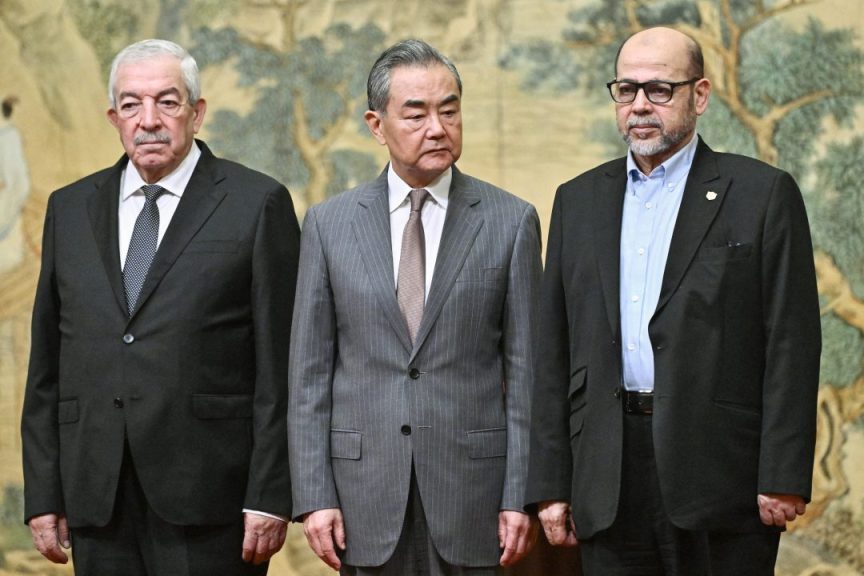
Musa Abu Marzouk, born 1951 in Rafah, is a founding member of Hamas, and a high profile member of its politburo.
According to the European Council on Foreign Relations, Marzouk spent 14 years living in the US where he helped found a number of Islamic institutions and foundations, and earned a Green Card in 1990.
Marzouk is the deputy head of the ‘external’ politburo, and has played a leading role in recent reconciliation talks with Fatah.
He was previously a candidate to leadership but lost the 2017 election to Ismail Haniyeh.
Since the outbreak of war, he has been residing in Qatar, and his recent successes in leading reconciliation talks may put him in good stead to be the next leader.
Mahmoud al- Zahar
Mahmoud al-Zahar, born 1945, is another founding member of Hamas, and former Foreign Minister of the Palestinian Authority
Little is known about his childhood, other than he is from Gaza City. Zahar is known to have had two sons killed by Israel in 2003 and 2008 respectively.
According to the European Council on Foreign Relations, Zahar is “considered to be one of the more hawkish and socially conservative Hamas leaders.”
Izzat al-Risheq
Izzat al-Risheq, born in 1960, is another founder and prominent member of the politburo. Like Musa Abu Marzouk, Risheq has also played a role in recent reconciliation talks with Fatah.
He has held a number of senior positions in Hamas, including leading its media department and 2006 electoral committee.
Zaher Jabarin
Hamas’s long-time treasurer was close to Haniyeh, and has sometimes been described as one of his right-hand men.
After being detained in Israeli prisons, he was released in 2011 as part of an exchange for the release of Gilad Shalit, an Israeli soldier held hostage for five years.
Jabarin, who has strong ties with Turkey, where he once lived, has recruited people for large-scale money-laundering activities, two of whom were arrested in Israel in 2018.
He has also taken part in deadly operations carried out by Hamas’s armed wing.
Khalil al-Hayya
Khalil al-Hayya is the deputy head of Hamas’s political bureau in the Gaza Strip, and said to be well acquainted with the group’s leader in the territory Yahya Sinwar.
In 2006 Hayya headed Hamas’s parliamentary bloc, which had just won elections. The subsequent months of political and administrative discord marked the beginning of the schism between the Islamist movement and Fatah, the party of Palestinian Authority President Mahmud Abbas.
Hayya, who has repeatedly stressed the importance of armed struggle, lost several family members in Israeli military operations including one that targeted his house in the northern Gaza Strip in 2007.

